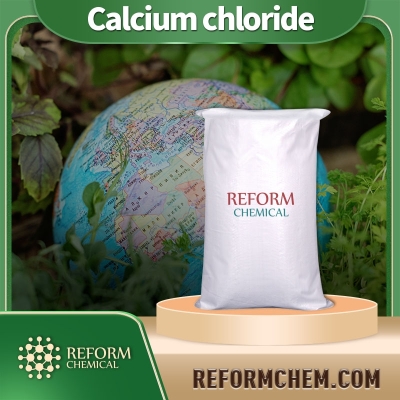-
Categories
-
Pharmaceutical Intermediates
-
Active Pharmaceutical Ingredients
-
Food Additives
- Industrial Coatings
- Agrochemicals
- Dyes and Pigments
- Surfactant
- Flavors and Fragrances
- Chemical Reagents
- Catalyst and Auxiliary
- Natural Products
- Inorganic Chemistry
-
Organic Chemistry
-
Biochemical Engineering
- Analytical Chemistry
-
Cosmetic Ingredient
- Water Treatment Chemical
-
Pharmaceutical Intermediates
Promotion
ECHEMI Mall
Wholesale
Weekly Price
Exhibition
News
-
Trade Service
Pamidronate disodium is a synthetic analog of natural vitamin D3, which is essential for the absorption and utilization of calcium in the human body.
In recent years, pamidronate disodium has found widespread application in the chemical industry due to its unique chemical and physical properties.
One of the primary applications of pamidronate disodium in the chemical industry is as a catalyst for the production of polyethylene terephthalate (PET) plastic.
PET is a widely used plastic in the packaging industry, and pamidronate disodium is used as a catalyst in the polymerization reaction that produces PET.
The use of pamidronate disodium as a catalyst results in higher yields of PET and improved overall process efficiency.
Another application of pamidronate disodium is in the production of certain types of detergents and cleaning products.
Pamidronate disodium is added to these products to improve their cleaning power and to reduce the amount of phosphates they contain.
Phosphates are a common component of detergents and cleaning products, but they can lead to environmental pollution and eutrophication, which is the excessive growth of algae and other aquatic plants.
By replacing phosphates with pamidronate disodium, manufacturers can produce environmentally friendly cleaning products that are just as effective as traditional products.
Pamidronate disodium is also used in the production of certain types of paper and cardboard.
When added to the manufacturing process, pamidronate disodium helps to improve the strength and durability of the final product.
This is particularly important in applications where the paper or cardboard will be subjected to heavy usage or environmental stress, such as in packaging or labeling.
In addition to these specific applications, pamidronate disodium is also used as a catalyst in a variety of other chemical reactions, such as the production of polypropylene and polyethylene.
These reactions involve the polymerization of monomers, which are small molecules that are linked together to form long chains of polymers.
Pamidronate disodium helps to speed up the reaction and improve the overall efficiency of the process.
Overall, pamidronate disodium has a wide range of applications in the chemical industry due to its unique properties as a catalyst and its ability to improve the performance and efficiency of various chemical processes.
As more is learned about this compound and its applications, it is likely that its use will continue to expand in the coming years.







